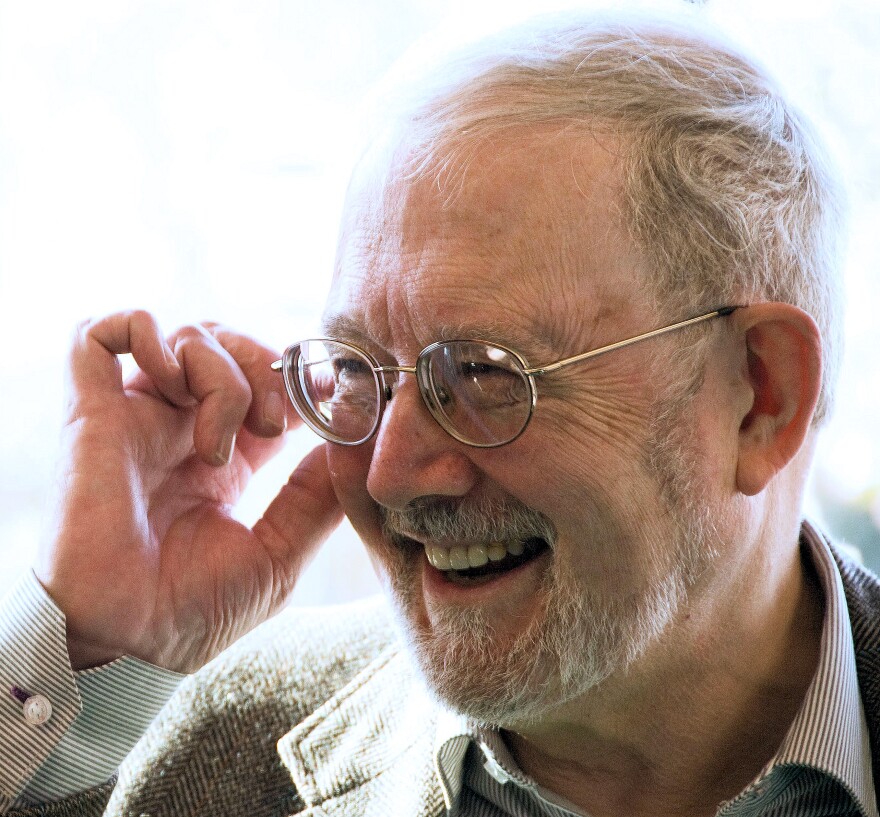New Year: it’s a strange liminal time, full of anxiety and hope and empty resolutions. The artificial changing of the calendar makes us feel that something momentous should happen, but it almost never does. Like every generation we prefer to think that we are living in a time of history-making events, but we may be living in a footnote to a book already written. The ancient Greeks believed that history was cyclical: the same events repeated over and over, like the programming on some cable television stations. This is a comforting philosophy. Nothing entirely unexpected can happen, because it has all happened before in the great churning wheel of time.
As we step carefully into 2017 we are surrounded by prophets of doom. This is nothing new either. The anticipation of the end of the world is one of my most vivid childhood memories. A few times a year my parents would take me into the city for a movie or a musical. Leicester Square in London was a magnet for old men with a message carried on sandwich boards or placards, or on smudgy little leaflets they would press into your hand. “The end of the world is nigh” or “Prepare Ye for the Terrible Day of Judgment.” The old men looked so much like the prophets in my illustrated Bible that I had to believe them. I never expected to be around now, in the 21st century. I didn’t think we’d make it to 1950.
I admired the old men for their reliability. Year after year as I grew up they stalked the city streets with the same message. Some died and were replaced by ready-trained new old men. The end of the world was always nigh in 1947. The war damage reminded us of it, and the atomic bomb reminded us of it. In an uncertain universe it was good to have something definite to look forward to. I always hoped that the world would end before the next math test at school.
But the old men never delivered on their promise. Time passed, I passed my math tests, and the hope and fear of the apocalypse receded. But it has never quite gone away. Of course today’s prophets of doom tend to use social media instead of placards paraded in the street, but they are no more reliable because of that. We had a flurry of silly predictions about an electronic catastrophe before the year 2000 and, in 2012, the end of the Mayan calendar was supposed to predict the end of us all. As far as I remember, nothing happened.
Prophecy is tempting because it is so easy – just look back a hundred or a thousand years, find something nasty, and predict that the same thing will happen again soon. Nobody will argue. We have been conditioned by a lifetime of gloomy predictions to believe every bad thing we hear. The future is virgin territory – you can forecast what you like, as long as you don’t specify any exact dates. The only rule is that prophets must always be pessimists, because nobody loves a happy prophet.
Well, I’ll take my chance. I predict that 2017 will be very much the same as 2016, but perhaps slightly more entertaining. And my New Year’s Resolution? If the world does come to an end, I vow to give up prophecy forever.
Copyright: David Bouchier


